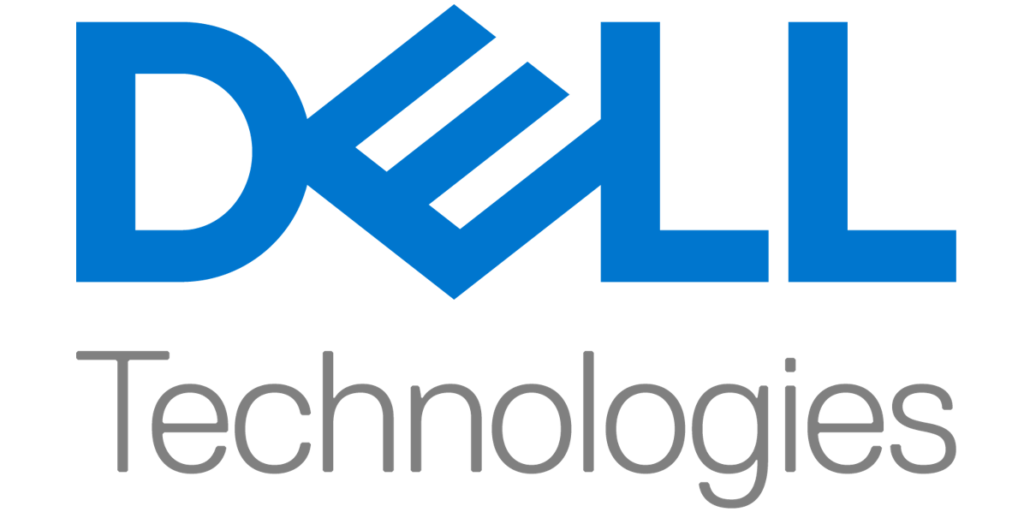Industries such as railways are moving from traditional inspection methods to using AI and ML to perform automated inspection of railcars. Data streaming from the edge at high rates requires the compute power of a HPC cluster, storage and advanced analytics to return results in real time. The system also must effectively enable remote administration and management to ensure reliable….
Relief for the Solution Architect: Pushing Back on HPC Cluster Complexity with Warewulf and Apptainer
[SPONSORED CONTENT] How did you, at heart and by training a research scientist, financial analyst or product design engineer doing multi-physics CAE, how did you end up as a… systems administrator? You set out to be one thing and became something else entirely. You finished school and began working with some hefty HPC-class clusters. One […]
Dell Technologies Interview: At the Univ. of Bristol’s Advanced Computing Research Centre ‘Typical Doesn’t Exist’
In this interview, part of our series done on behalf of Dell Technologies, we spoke with Simon Atack, HPC team leader of the Advanced Computing Research Centre at the UK’s University of Bristol, where he’s been for the past eight years. The centre supports about 2,000 users and has an extensive HPC infrastructure engaged in a range of scientific fields, including genomics, molecular dynamics and earth and environmental simulation. Much of this work runs on Dell Technologies supercomputing technology, which Atacks oversees.
SiMa.ai Ships ML SoC Platform for Embedded Edge Applications
SAN JOSE — August 30, 2022 — Edge machine learning company SiMa.ai today announced it has begun shipping what the company said is the industry’s first purpose-built software-centric machine learning system-on-chip platform for the embedded edge – the MLSoC. The $1 trillion global embedded edge market is currently reliant on legacy technology that limits the […]
ALCF to Hold Annual Simulation, Data and Learning Workshop Oct. 4-6
The ARgonne Leadership Computing Facility (ALCF) will hold its annual Simulation, Data and Learning Workshop this October 4-6. The event is designed to help researchers improve the performance and productivity of simulation, data science, and machine learning applications on ALCF systems. Registration is here. Workshop participants will have the opportunity to: Work directly with ALCF […]
Argonne’s Polaris Supercomputer Deployed for Scientific Research
Argonne National Laboratory announced that the Polaris supercomputer, a 44-petaflops HPE system powered by AMD CPUs and NVIDIA GPUs, is now open to the research community. Researchers can apply for computing time through the ALCF’s Director’s Discretionary allocation program. Details on the system can be found here. The system, housed at the Argonne Leadership Computing Facility […]
Lenovo Brings a Decade of Liquid Cooling Experience to the Faster, Denser, Hotter HPC Systems of the Future
[SPONSORED CONTENT] HPC systems customers (and vendors) are in permanent pursuit of more compute power with equal or greater node density. But with that comes more power consumption, greater heat generation and rising cooling costs. Because of this, the IT business – with a boost from the HPC and hyperscale segments – is spiraling up […]
ALCF to Hold Cerebras AI Testbed Workshop, Aug. 9-10
The Argonne Leadership Computing Facility (ALCF) will hold a virtual AI testbed training event Aug. 9-10 that will introduce users to the Cerebras hardware and software stack. It will provide hands-on training to get started on the system in the ALCF AI Testbed. Registration is here. Day 1 will focus on Cerebras hardware and software architecture. […]
The Evolution of HPC Storage: More Choices Yields More Decisions
[SPONSORED CONTENT] The past few years have brought many changes into the HPC storage world, both with technology like non-volatile memory express (NVMe) or persistent memory, and the growth of software defined storage solutions. Gone are the days when IBM Spectrum Scale (secretly, we know we all still call it GPFS) or Lustre were the only real choices in the market. In retrospect, the choice was easy: you picked one of the two and away you went. And nobody ever wondered if they made the right choice.
Dell Technologies Interview: Getting ‘More Science Per Pound’ at Durham University’s COSMA HPC Service
[SPONSORED CONTENT] In this interview with Dr. Alastair Basden of the UK’s Durham University, he discusses the latest activities at the university’s COSMA HPC Service as it tests and incorporates new high performance technologies on its way to exascale. A Dell Technologies HPC and AI Center of Excellence, the organization is driven to generate “more science per pound” out of its memory-intensive HPC infrastructure, Basden said, while also updating us on scientists’ cosmological work, including filling in the remaining gaps in the Big Bang Theory.











